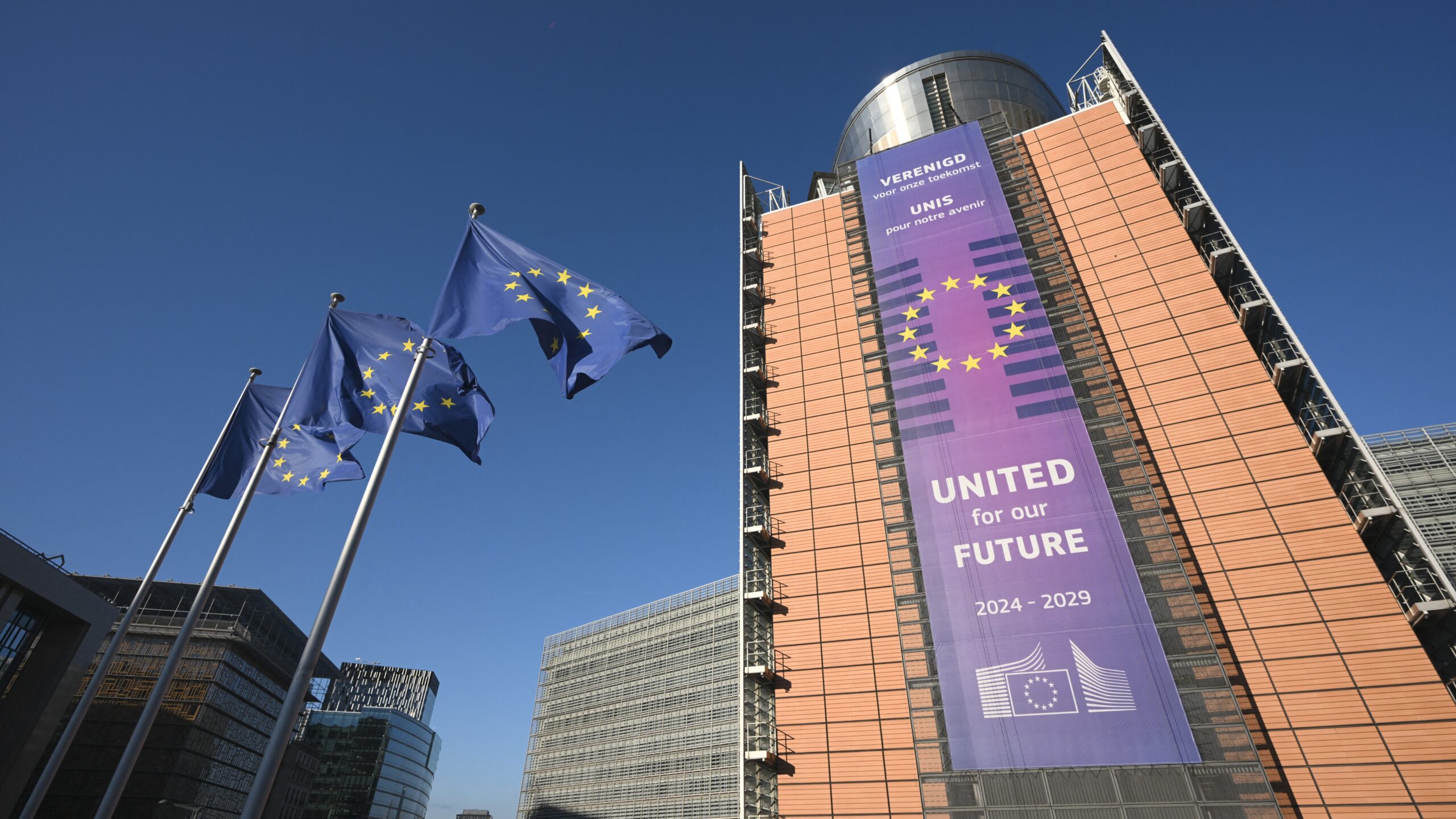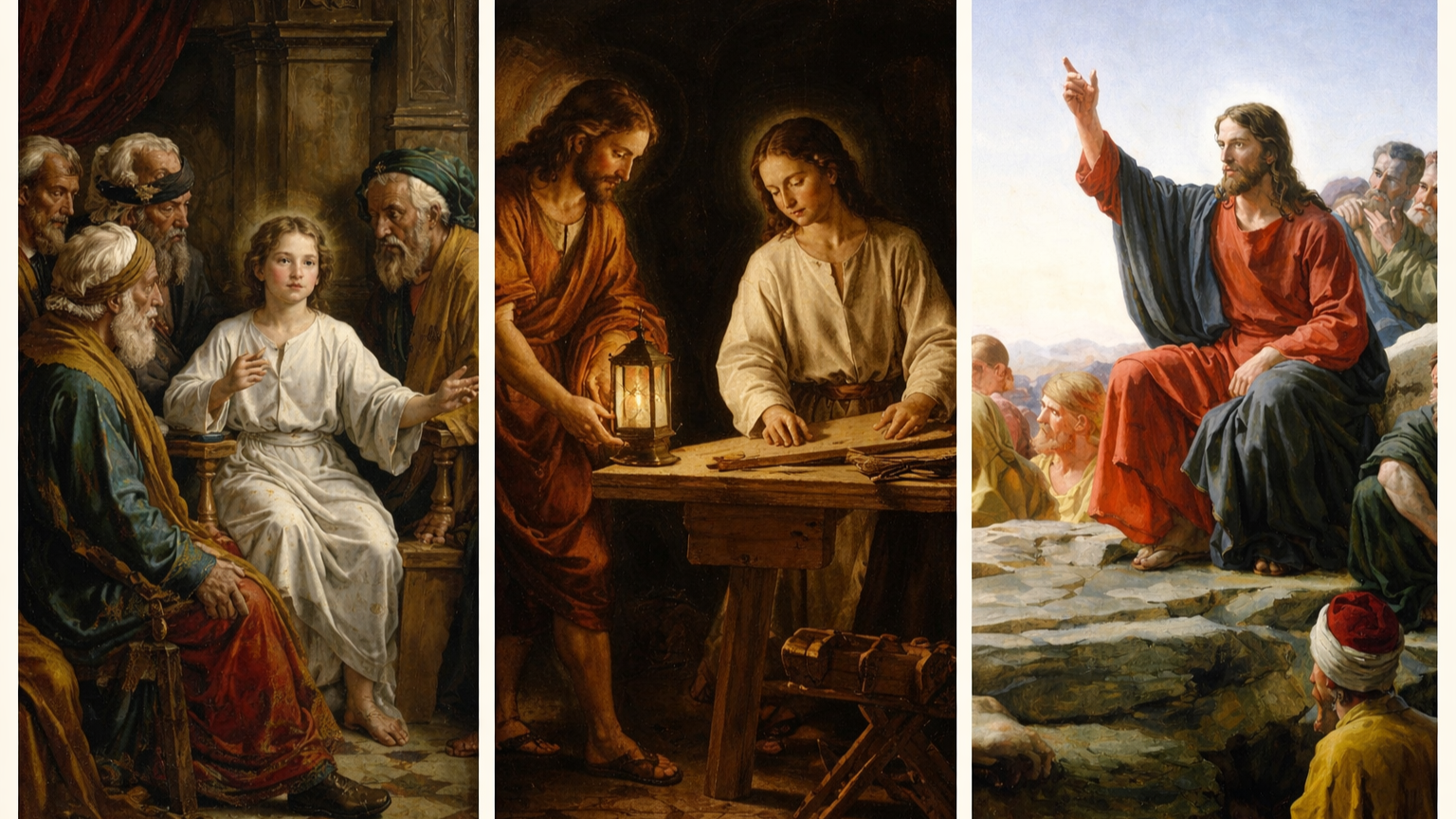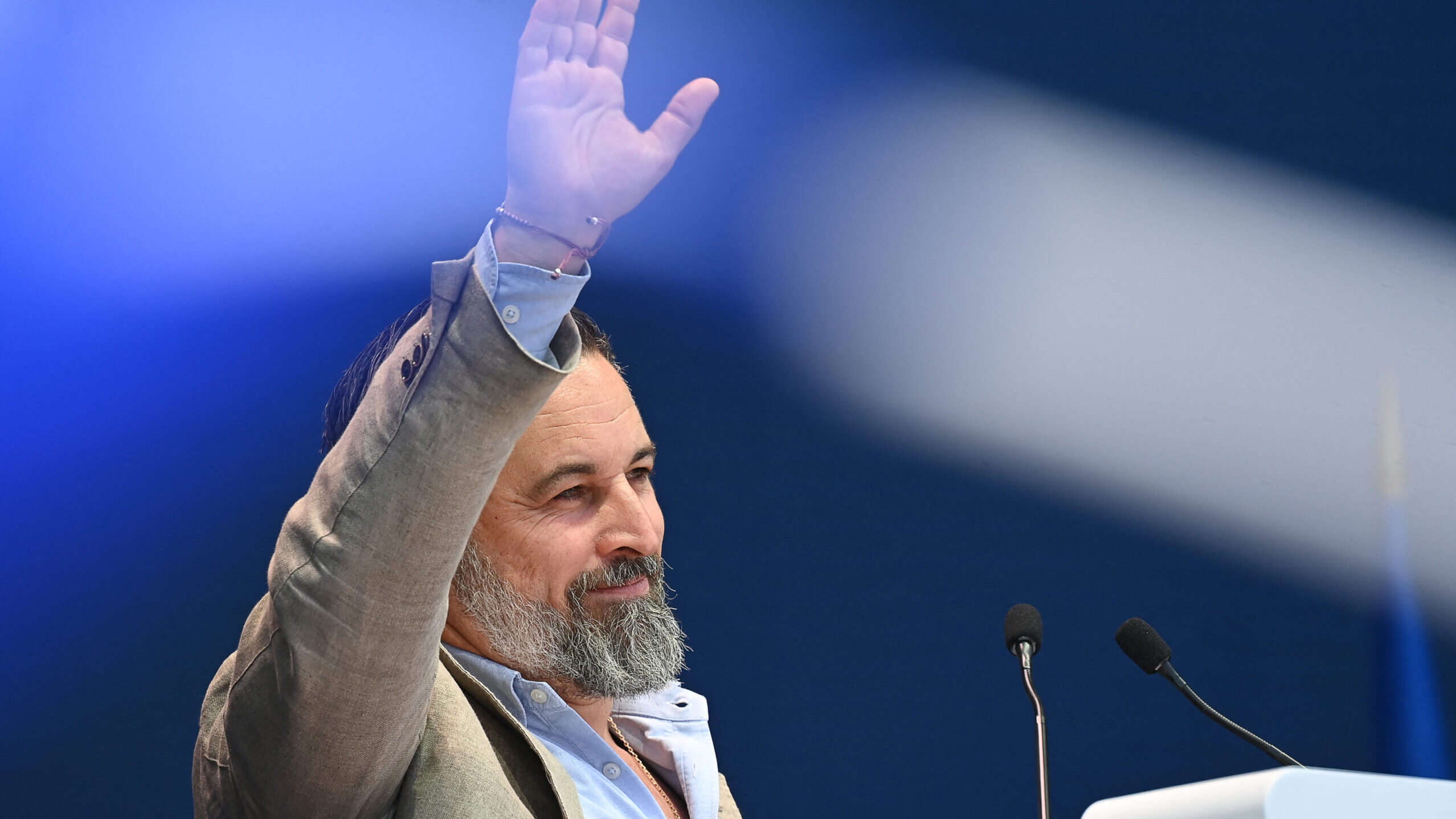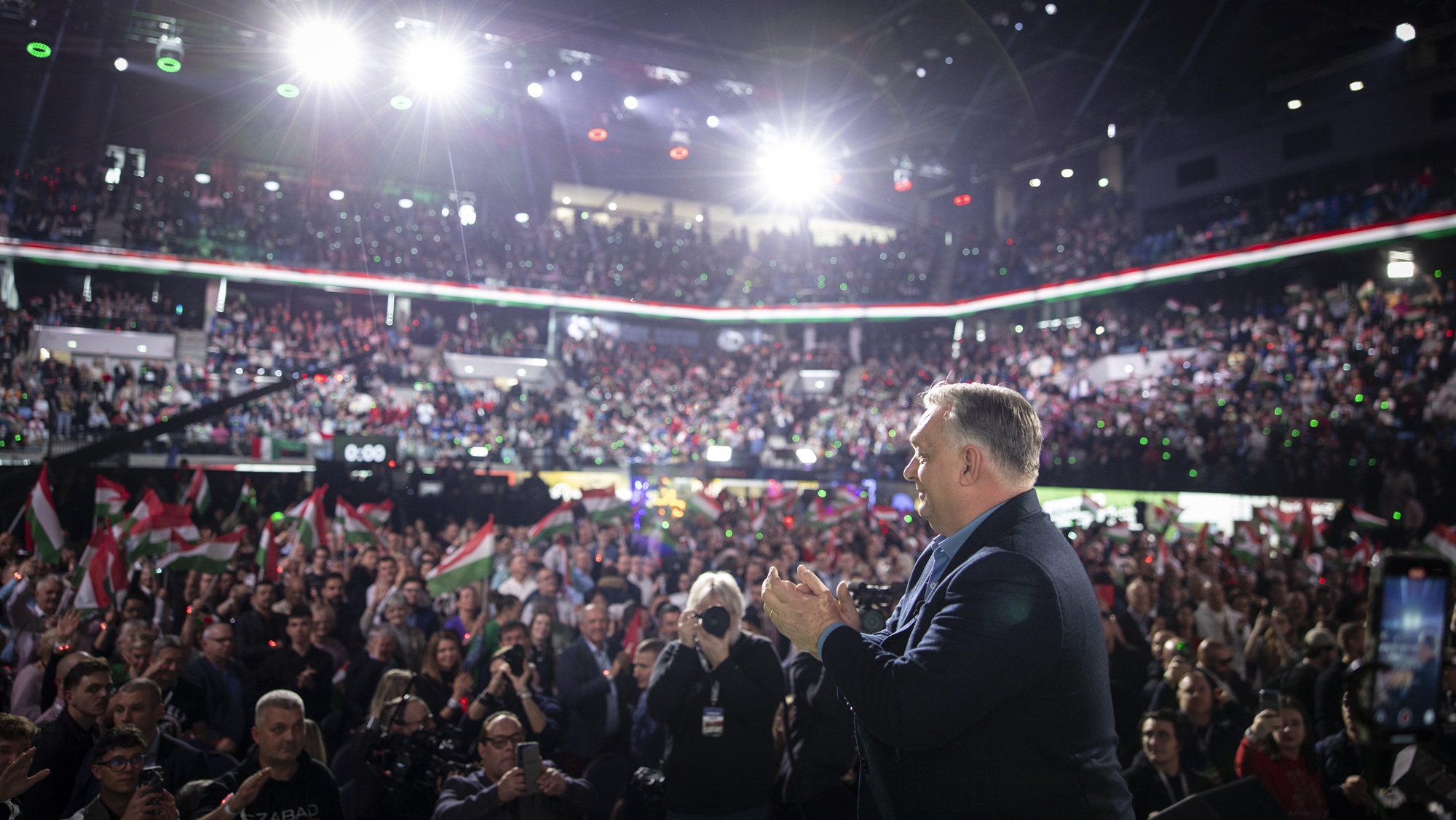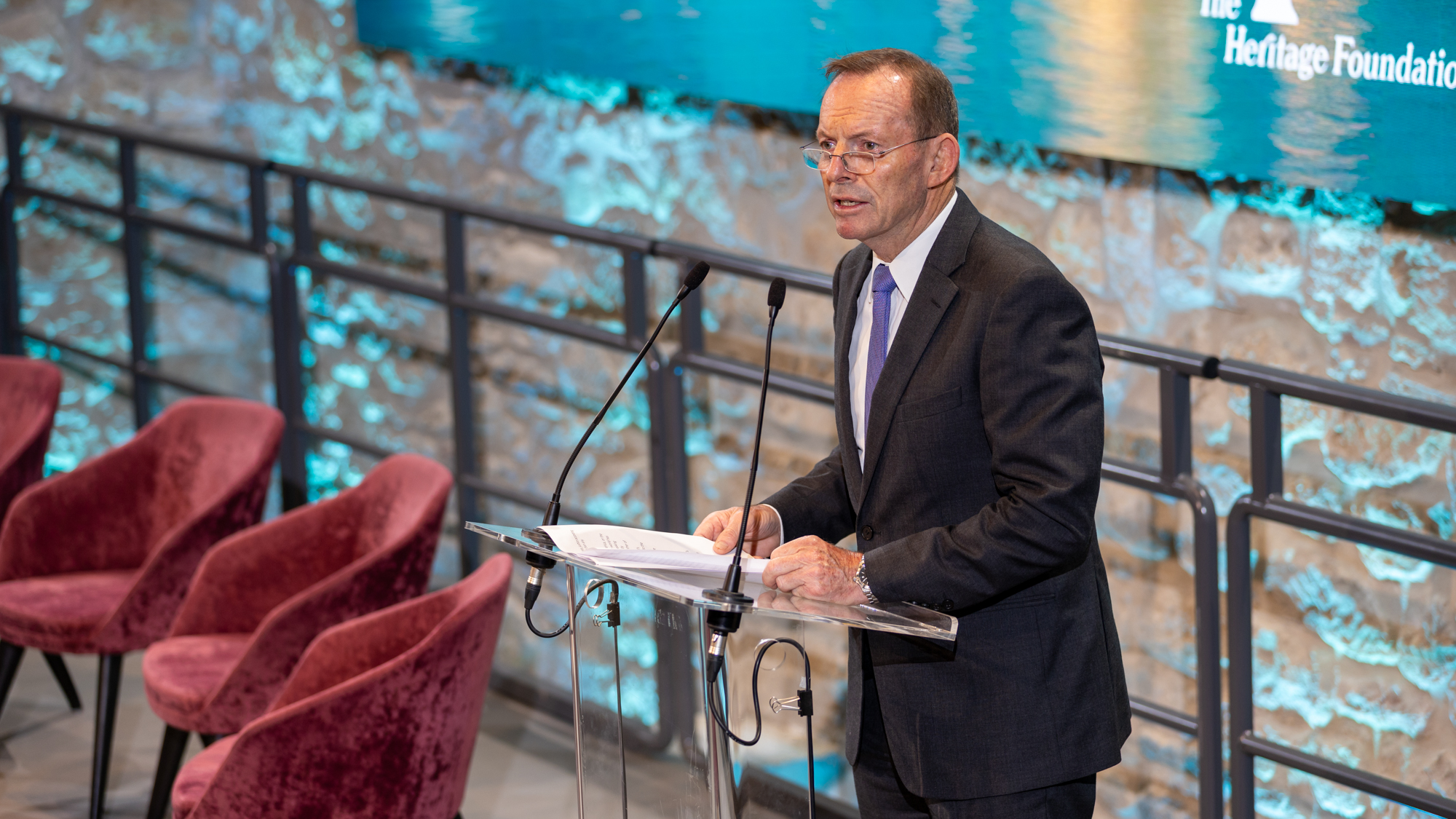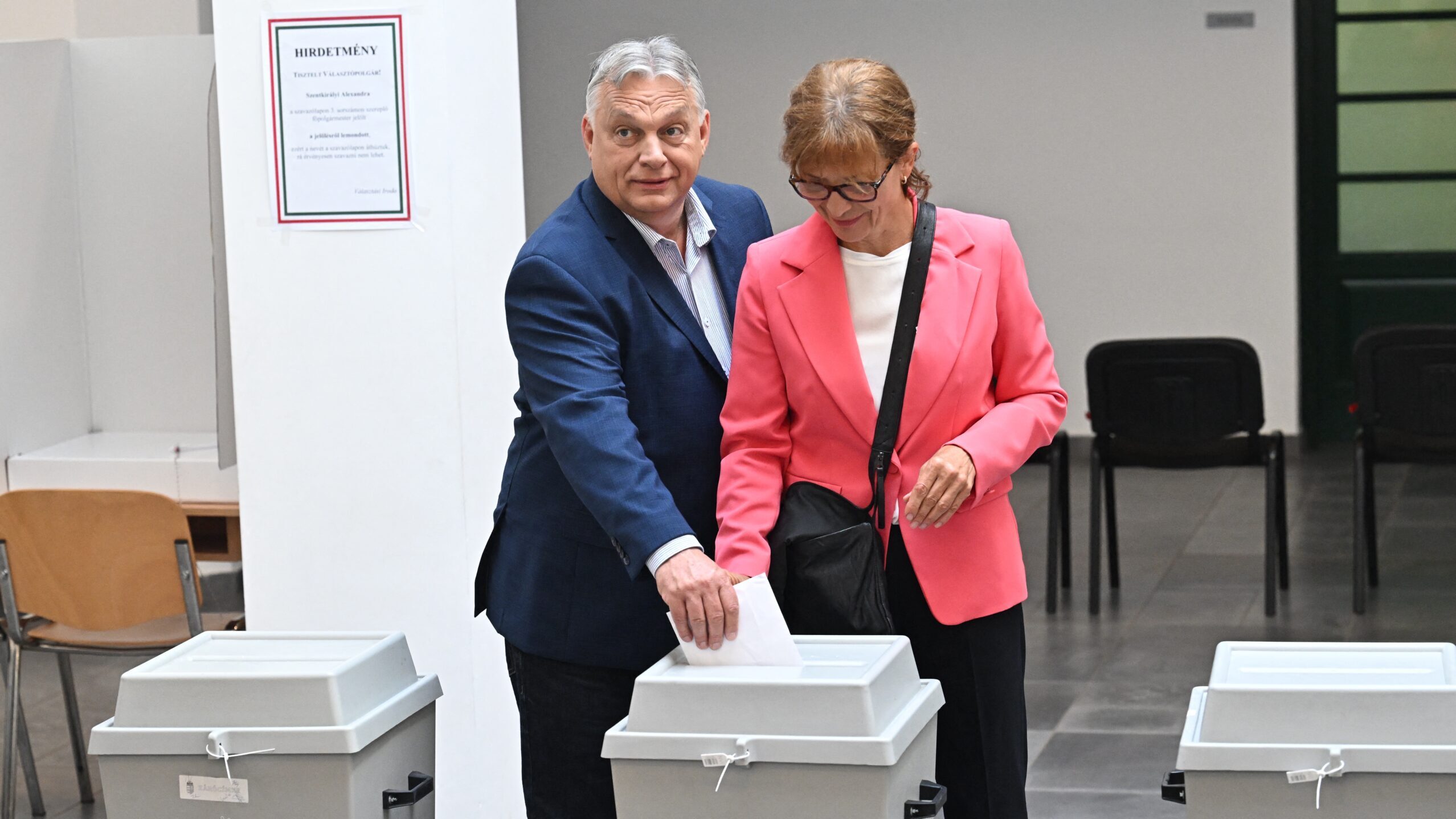
Five Elections to Test Western Balance of Power in 2026
From Hungary to the United States, and from Sweden to Slovenia, 2026 will be a defining election year with consequences far beyond national borders. As conservative and populist forces challenge entrenched elites, several key votes are set to reshape Europe’s political balance and test the durability of the global right’s recent momentum.



